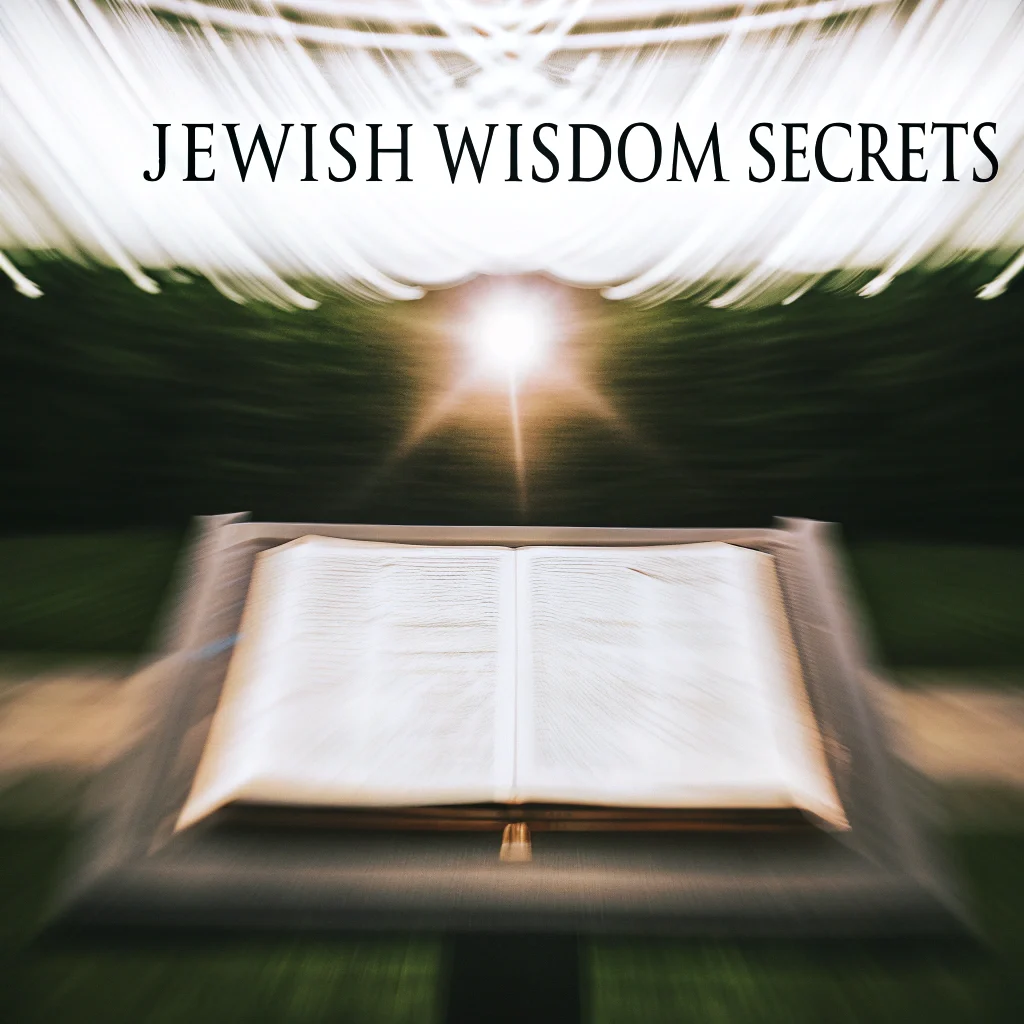The Wisdom of Life’s Cycles: Finding Novelty in a Repeating World
Finding novelty in life’s recurring patterns is one of humanity’s oldest pursuits. As we explore this timeless wisdom from Ecclesiastes, we discover that true innovation often hides in plain sight.
“מַה־שֶּֽׁהָיָה֙ ה֣וּא שֶׁיִּֽהְיֶ֔ה וּמַ֨ה־שֶּׁנַּֽעֲשָׂ֔ה ה֖וּא שֶׁיֵּֽעָשֶׂ֑ה וְאֵ֥ין כָּל־חָדָ֖שׁ תַּ֥חַת הַשָּֽׁמֶשׁ” — “What has been is what will be, and what has been done is what will be done, and there is nothing new under the sun.”
An old sage sat beneath an olive tree, observing the bustle of the city. A young student, out of breath, ran up to him with a new smartphone in hand.
“Teacher! Look at this marvel of technology! Now we can instantly speak with people on the other side of the earth, see their faces, and share wisdom with the entire world!”
The sage smiled and gestured for the student to sit beside him.
The Challenge of Finding Novelty in Recurring Cycles
“Do you think you’re holding something new?” asked the sage. “People have always sought ways to communicate across distances. Smoke signals, drums, messengers, carrier pigeons, telegraph… Only the form changes, but the essence remains the same.”
The student frowned and pointed at the screen:
“But isn’t the instant transmission of images a novelty?”
“Humans have always dreamed of capturing moments. From cave paintings to photographs—the tools change, but the desire remains the same. This is exactly what Ecclesiastes meant: ‘What has been is what will be.’”
Finding Novelty Through Fresh Perception
The city around them teemed with life. Builders were erecting a new district, merchants praised their wares, couples in love strolled through the park.
“Look carefully,” continued the sage. “Clothes change, tools change, but people still build houses, trade, and fall in love. Novelty is hidden not in things and events, but in our perception.”
“So everything is meaningless?” the student asked, disappointed. “If there’s nothing new, why strive forward?”
The True Path in Ancient Wisdom
The sage took out a Torah scroll from his bag and carefully unrolled it.
“In the material world, under the sun, there truly is nothing fundamentally new. But the wise have discovered a secret: true novelty lies in the deep understanding of eternal truths. Rabbi Eliezer ben Hyrcanus spoke of things ‘that no ear had ever heard’ while studying ancient texts.”
“How is that possible?” the student wondered.
“The Torah is like a mother’s breast for an infant. No matter how many times the child nurses, he always finds nourishment and a new taste. So it is with wisdom—by delving deeper, we discover new facets of what seemed familiar.”
Practices for Finding Novelty in the Ordinary
The sage picked up a small stone from the ground and handed it to the student:
“What do you see?”
“An ordinary gray stone,” the student shrugged.
“Look more carefully. Each crack tells a story. Each shade is the result of millennia of processes. In this stone lies the chronicle of the earth.”
The student peered closer and noticed fine veins, sparkling crystals, a unique pattern on the surface.
“Amazing! I’ve never noticed such things in ordinary stones.”
“There’s your answer. Novelty is not in objects, but in the depth of your gaze. Your smartphone is merely a new form of ancient aspirations. But your perception can be renewed infinitely.”
The Wisdom of Constant Renewal
As evening fell, lanterns lit up the square. The student gazed thoughtfully at his device.
“Teacher, does this mean I’ve been chasing an illusion of novelty?”
“Not exactly. You were looking for it in the wrong place. True renewal happens within us. Each morning we wake up as different people. Each day lived gives new experience. You look at the same world, but with different eyes.”
The sage pointed to the starry sky:
“Look up there. These stars have been shining for thousands of years. But for you, looking at them now, this moment is unique. This is the paradox of Ecclesiastes—the world repeats, but our perception is unique.”
Applying Ancient Wisdom to Finding Novelty Today
Before parting, the sage gave the student one final piece of advice:
“Don’t chase novelties. Seek depth in the familiar. Ask questions. Look at ordinary things from unusual angles. And remember: just as an infant finds new taste in mother’s milk, so can we find fresh meaning in eternal truths.”
The student bowed and walked home, contemplating how to view his everyday life in a new light.
Thus, a simple conversation under an olive tree revealed more to him than all the technological innovations in the world.
Source: Kohelet (Ecclesiastes) – Chapter 1:9
Afterword: The text of this article has not been approved by any sage, Torah scholar, or rabbi and is merely a simplified adaptation of the sacred text for general understanding. For comprehension of true wisdom and a deeper understanding of the original text, you should refer to the sources.
This and all other article texts of the Mega-Charity.Org resource express only the personal opinions of the authors who compiled them. They are intended only for general and superficial understanding of the real sources of wisdom. References to which are provided.



